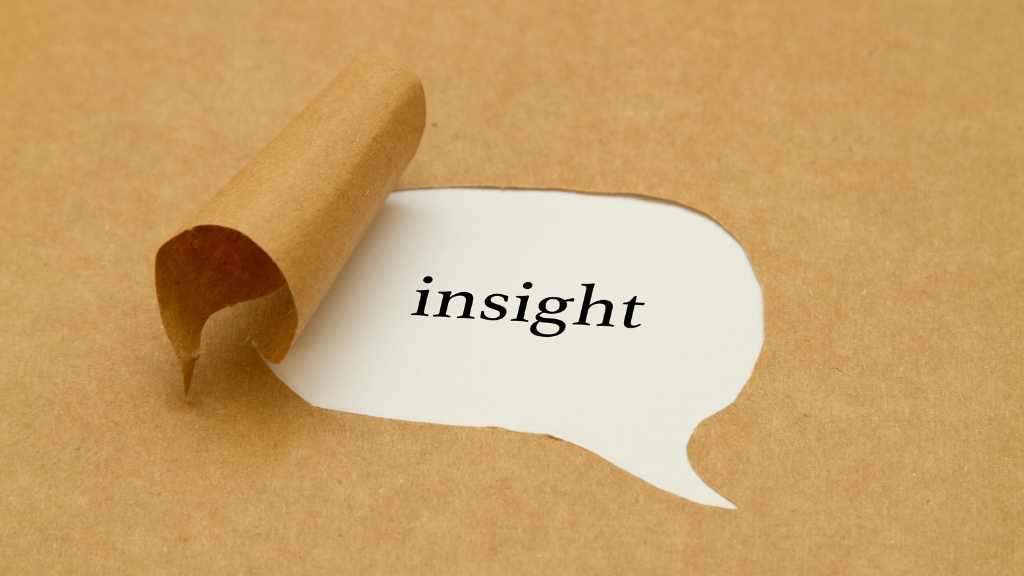
The Intersection of Technology and Religion: A Paradigm Shift in Faith
In an era marked by rapid technological advancement, the intersection of technology and religion has sparked profound changes in how individuals practice and perceive their faith. From the rise of digital worship platforms to the incorporation of AI in religious ceremonies, technology has catalyzed a paradigm shift within religious communities worldwide. This blog delves into the multifaceted ways in which technological innovation has reshaped religion, influencing everything from religious rituals to theological discourse.
The Digital Age of Worship
One of the most notable transformations in religious practice is the proliferation of digital worship platforms. With the advent of livestreaming services and virtual reality experiences, congregants can participate in religious services from anywhere in the world. Whether it’s attending a virtual mass or tuning into a religious sermon via a podcast, technology has dismantled geographical barriers, enabling individuals to engage with their faith on their own terms. Moreover, social media platforms have become virtual congregations where believers share religious content, foster community, and seek spiritual guidance.
AI and Spiritual Guidance
Innovations in artificial intelligence (AI) have also permeated religious contexts, offering new avenues for spiritual guidance and introspection. Chatbots programmed with religious teachings provide immediate responses to theological inquiries, offering personalized advice and support to believers navigating matters of faith. Furthermore, AIdriven apps facilitate meditation and prayer, guiding users through spiritual practices tailored to their individual preferences and beliefs. While some view these technological interventions skeptically, others embrace them as tools for deepening their spiritual connection.

Virtual Reality and Sacred Spaces
Virtual reality (VR) technology has redefined the concept of sacred spaces, transporting worshippers to religious sites and holy places without leaving their homes. Through immersive VR experiences, believers can embark on virtual pilgrimages to destinations like Mecca, Jerusalem, or Varanasi, fostering a sense of proximity to their religious heritage and fostering spiritual enrichment. Additionally, VR simulations enable architects and historians to reconstruct ancient temples and religious structures, preserving cultural heritage and offering insights into millenniaold religious practices.
Ethical Considerations and Challenges
While technological innovation has undoubtedly enriched religious experiences for many, it also raises complex ethical questions and challenges. Concerns about data privacy, algorithmic bias, and the commodification of spirituality underscore the need for critical reflection on the integration of technology into religious contexts. Moreover, disparities in access to technology may exacerbate existing inequalities within religious communities, widening the digital divide and disenfranchising marginalized groups. As technology continues to evolve, religious leaders and practitioners must navigate these ethical dilemmas with careful discernment.
The Future of FaithTech Integration
Looking ahead, the synergy between technology and religion is poised to deepen, ushering in a new era of spiritual exploration and community engagement. From augmented realityenhanced religious education to blockchainbased systems for charitable giving, the possibilities for innovation are limitless. However, as we embrace these advancements, it is essential to maintain a balance between technological progress and the core tenets of faith, ensuring that technology serves as a facilitator rather than a replacement for genuine spiritual connection.
In conclusion, technological innovation has catalyzed a profound transformation within religious communities, reshaping how individuals practice, experience, and interpret their faith. From digital worship platforms to AIguided spiritual interventions, technology has opened up new frontiers in religious expression and engagement. Yet, as we navigate this evolving landscape, it is imperative to approach technological integration with mindfulness and ethical discernment, safeguarding the integrity of religious traditions while harnessing the potential of innovation to foster deeper spiritual connections in an everchanging world.
Leave a Reply
- AI in Diagnostics: Revolutionizing Early Detection and Accuracy
- How AI and Advanced Analytics Are Transforming Healthcare Outcomes
- Investing with Confidence: The Role of ROI Calculators
- How ROI Calculators Drive Data-Driven Business Strategies
- The Ultimate Guide to ROI Calculators for Business Success
- Making Sense of ROI Calculators: A Comprehensive Guide
- June 2025 (1)
- May 2025 (1)
- October 2024 (2)
- September 2024 (31)
- August 2024 (31)
- July 2024 (27)
- June 2024 (28)
- May 2024 (30)
- April 2024 (33)
- March 2024 (23)
- February 2024 (29)
- January 2024 (3)
- December 2023 (47)
- November 2023 (36)
- October 2023 (23)
- September 2023 (2)
- June 2023 (2)
- May 2023 (13)
- April 2023 (1)




